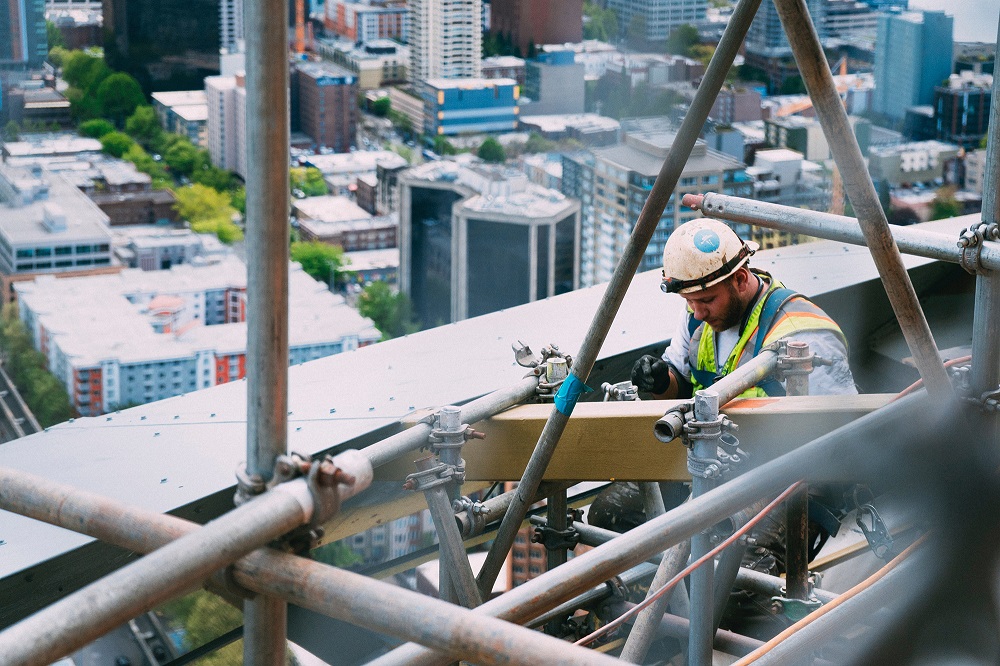It was the news on everyone’s lips in the lead up to Christmas; the General Election. As we now know, the Conservatives won with a majority, but what does this mean for the construction industry?
Prior to the General Election, Construction News reported Prime Minister Boris Johnson made a commitment to investing in large schemes – this was to include Rail Hubs and is to form an ‘infrastructure revolution.’ The PM also promised voters he would invest £28.8 billion in local roads. One of the most significant pledges for the construction sector was the promise to deliver 300,000 homes per year by the middle of 2020.
It goes without saying that BREXIT has also been high on the government’s agenda since the country voted to leave the EU in June of 2016. BREXIT has long held many industries back, with investors not keen to make decisions or investments in the wake of uncertainty. The pledge from Boris Johnson to ‘Get BREXIT done’ is likely to prove fruitful for the construction sector as spending and building looks set to rise in 2020, despite a slow start.
However, it is pertinent to note that current UK workforce is a blend of home-grown workforce as well as foreign workers. One in seven workers were not born in the UK, 9% are from the EU and half of London construction workers are foreign born. CITB’s Construction Skills Network (CSN) forecasts that the construction industry will need to fill 168,500 jobs between now and 2023. If construction continued to grow at the current rate of 1.1% – the average growth rate for the last five years – to 2030 this would increase to just over 250,000 jobs to fill by 2025, and 410,000 by 2030. As it becomes harder to recruit foreign workers after Brexit, current skills gaps could widen significantly.
Health and Safety legislation is also likely to be on the agenda for the construction industry. This was welcomed by building decision makers. There has been no secret made of the lack of skilled workers in the construction sector over recent years, but the PM’s pledge to create a New National Skills Fund provides hope for the sector. The fund would receive a £3 billion injection of funding and would fund a range of courses including apprenticeships.
Brian Berry Chief Executive of the Federation of Master Builders was quoted in the Mortgage Finance Gazette as saying “The government needs to back the nation’s army of small builders, by delivering on the promised £3 billion National Skills Fund, investing in quality through a licensing scheme for the whole UK construction industry.” Naturally, an intake of workers will also raise questions around competency and training legislation. For this reason, construction training will play an increasingly important role in driving the industry forward over the coming years.
Although since the General Election there have been reports that construction output has remained low, the consensus across the industry is that residential and commercial construction should pick up in 2020. The Queen’s speech echoed the sentiments of the PM and offered optimism to the industry. Billions have been promised to cover the housing shortage, new skills and hospitals, and safety.
Naturally, the environment and sustainability were high on the PM’s agenda too, an issue that is of course important in the built environment sector. With a recent survey by RICS suggesting that many employees in the construction sector feel their employers aren’t doing enough to be sustainable and environmentally friendly. RICS has launched Value the Planet which is a campaign encouraging construction decision makers and business owners to sign up to the UN’s Sustainable Development Goals.
Construction Helpline has already initiated its post Brexit plan by collaborating with colleges and local charities to offer training courses which guarantee easy access to construction site. It is our first priority to change the perception about Construction Industry in the eyes of younger generation so that they don’t think of it is dirty job, but something where they are going to learn skills which can enhance their career and offers a decent income.
To find out more about training to futureproof your construction business post General Election, please contact us today!


